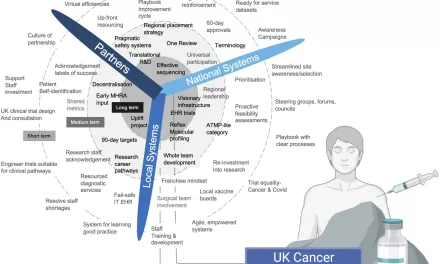
Ageing is a natural process that involves a gradual decline in the body’s functions and ability to repair itself over time. It is a complex biological process that affects all organisms, including humans. Ageing is accompanied by physical, cognitive, and psychological changes, and is influenced by a variety of factors, including genetics, lifestyle, and environmental factors.
The ageing process is characterized by a decline in the body’s ability to repair and maintain itself, resulting in a variety of physical changes such as wrinkles, loss of muscle mass and strength, decreased mobility, and increased risk of chronic diseases such as diabetes, cardiovascular disease, and dementia. The ageing process can also affect cognitive function, including memory, attention, and decision-making abilities.
While ageing is an inevitable process, there are a variety of factors that can influence the rate at which the body ages. These include genetics, lifestyle factors such as diet and exercise, environmental factors such as pollution and exposure to toxins, and social factors such as access to healthcare and social support.
There is ongoing research into the mechanisms of ageing, with the goal of identifying interventions that can slow or reverse the ageing process. These interventions may include lifestyle changes such as diet and exercise, as well as pharmacological interventions that target specific pathways involved in the ageing process.
In conclusion, ageing is a complex process that involves a gradual decline in the body’s functions and ability to repair itself over time. While ageing is an inevitable process, there are a variety of factors that can influence the rate at which the body ages. Ongoing research into the mechanisms of ageing may lead to interventions that can slow or reverse the ageing process, with the ultimate goal of improving quality of life in older adults.











